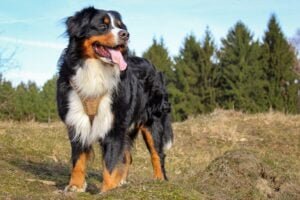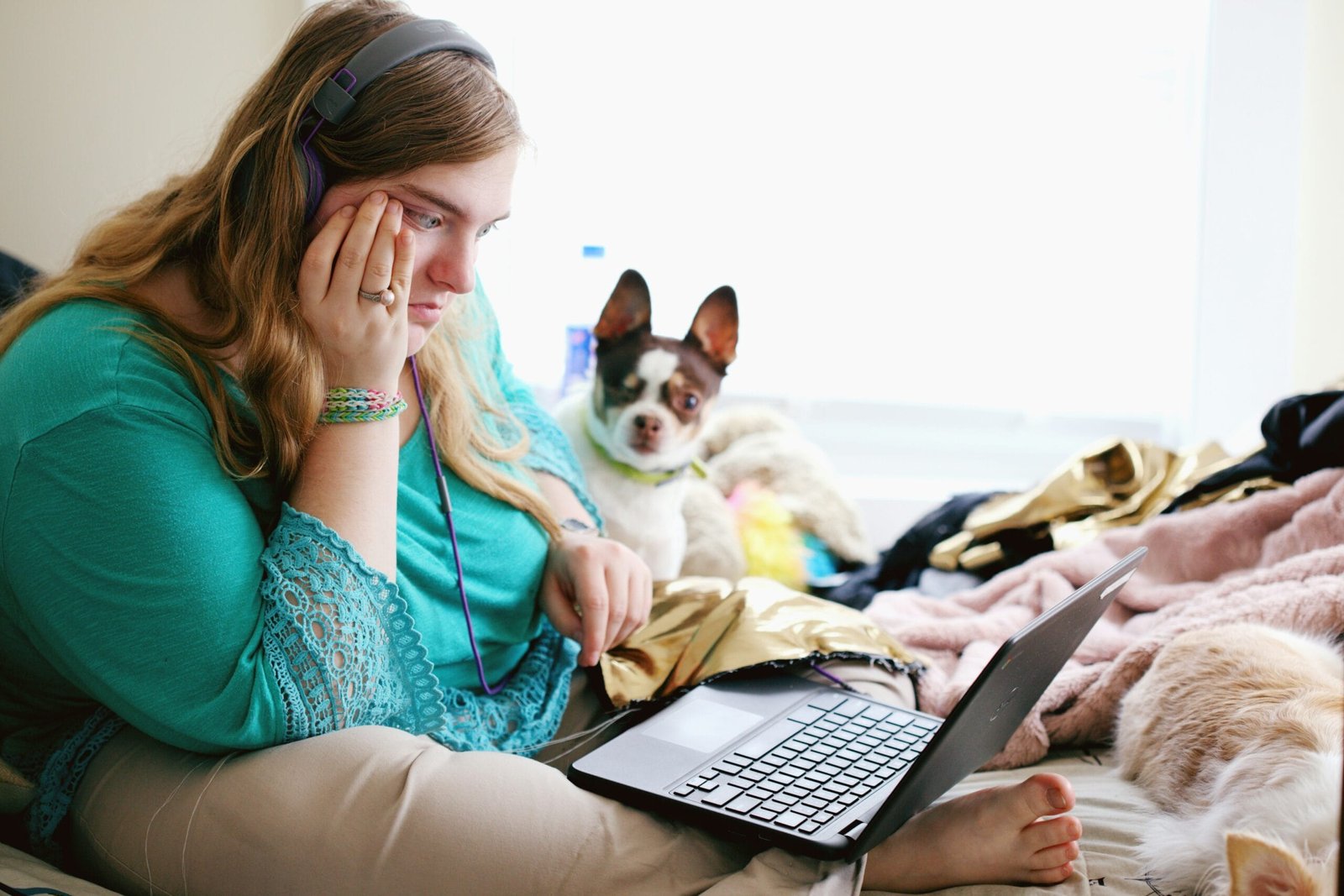Introduction:
Living with autism can be a unique and often challenging experience, both for those on the spectrum and their families. While there is no one-size-fits-all solution to the various needs and preferences of individuals with autism, one thing is clear: the special bond between humans and dogs can offer significant benefits. In this blog, we’ll explore the best dog breeds for individuals with autism and the incredible support, love, and companionship they can provide.
The Benefits of Dogs for Individuals with Autism:
Before delving into the best dog breeds for autism, it’s essential to understand the many ways in which dogs can benefit those on the autism spectrum. These benefits include:
- Emotional Support: Dogs offer unconditional love and companionship, helping individuals with autism manage their emotions and reduce anxiety.
- Social Interaction: Caring for a dog encourages social interaction and communication, improving the social skills of individuals with autism.
- Routine and Structure: Dogs thrive on routine, and they can help establish and maintain daily schedules, which can be comforting for those with autism.
- Sensory Stimulation: Dogs can provide sensory stimulation through touch, sound, and smell, aiding in sensory processing for individuals with autism.
- Safety and Security: Many individuals with autism tend to wander or engage in unsafe behaviors. A well-trained dog can act as a loyal companion and a safety net.
Now, let’s explore some of the best dog breeds for individuals with autism:1. Golden Retriever:

Golden Retrievers are known for their friendly and gentle nature. They are highly trainable and excel as therapy and emotional support dogs. Their soft, comforting coat is perfect for sensory stimulation, and their patience and loyalty make them excellent companions for individuals with autism.
2. Labrador Retriever:

Labrador Retrievers are another popular choice due to their intelligence, affection, and strong desire to please. They are often used as service dogs for people with various disabilities, including autism. Labs are playful, easygoing, and adaptable, making them great family pets.
3. Australian Shepherd:

Australian Shepherds are highly intelligent and excel in obedience and agility training. They are known for their protective nature and are great at providing a sense of security for individuals with autism. Their boundless energy can also encourage physical activity and play.
4. Poodle:

Poodles are available in different sizes, making them a versatile choice for various living situations. They are highly intelligent, hypoallergenic, and adaptable. Their calm temperament and keen senses make them suitable for individuals with autism.
5. Bernese Mountain Dog:

These gentle giants are known for their calm and patient demeanor. They are loving, loyal, and great with children. Bernese Mountain Dogs provide emotional support and can be a comforting presence for individuals with autism.
6. Border Collie:

Border Collies are incredibly intelligent and excel in obedience training. Their high energy levels can encourage play and physical activity, making them ideal for active families with children on the autism spectrum.
7. Cocker Spaniel:

Cocker Spaniels are known for their affectionate and gentle nature. They are great listeners and can be a calming influence on individuals with autism. Their small size makes them suitable for families in smaller living spaces.
Conclusion:
While there’s no single “best” dog breed for autism, the ideal choice depends on an individual’s specific needs and preferences. It’s crucial to consider factors like temperament, energy level, and size when selecting a canine companion. Additionally, early training and socialization are key to ensuring a positive experience for both the individual with autism and their new four-legged friend. Ultimately, the right dog can bring love, comfort, and companionship to the lives of those with autism, enhancing their overall well-being and quality of life.
 Golden Retrievers are known for their friendly and gentle nature. They are highly trainable and excel as therapy and emotional support dogs. Their soft, comforting coat is perfect for sensory stimulation, and their patience and loyalty make them excellent companions for individuals with autism.
Golden Retrievers are known for their friendly and gentle nature. They are highly trainable and excel as therapy and emotional support dogs. Their soft, comforting coat is perfect for sensory stimulation, and their patience and loyalty make them excellent companions for individuals with autism. Labrador Retrievers are another popular choice due to their intelligence, affection, and strong desire to please. They are often used as service dogs for people with various disabilities, including autism. Labs are playful, easygoing, and adaptable, making them great family pets.
Labrador Retrievers are another popular choice due to their intelligence, affection, and strong desire to please. They are often used as service dogs for people with various disabilities, including autism. Labs are playful, easygoing, and adaptable, making them great family pets. Australian Shepherds are highly intelligent and excel in obedience and agility training. They are known for their protective nature and are great at providing a sense of security for individuals with autism. Their boundless energy can also encourage physical activity and play.
Australian Shepherds are highly intelligent and excel in obedience and agility training. They are known for their protective nature and are great at providing a sense of security for individuals with autism. Their boundless energy can also encourage physical activity and play. Poodles are available in different sizes, making them a versatile choice for various living situations. They are highly intelligent, hypoallergenic, and adaptable. Their calm temperament and keen senses make them suitable for individuals with autism.
Poodles are available in different sizes, making them a versatile choice for various living situations. They are highly intelligent, hypoallergenic, and adaptable. Their calm temperament and keen senses make them suitable for individuals with autism. These gentle giants are known for their calm and patient demeanor. They are loving, loyal, and great with children. Bernese Mountain Dogs provide emotional support and can be a comforting presence for individuals with autism.
These gentle giants are known for their calm and patient demeanor. They are loving, loyal, and great with children. Bernese Mountain Dogs provide emotional support and can be a comforting presence for individuals with autism. Border Collies are incredibly intelligent and excel in obedience training. Their high energy levels can encourage play and physical activity, making them ideal for active families with children on the autism spectrum.
Border Collies are incredibly intelligent and excel in obedience training. Their high energy levels can encourage play and physical activity, making them ideal for active families with children on the autism spectrum. Cocker Spaniels are known for their affectionate and gentle nature. They are great listeners and can be a calming influence on individuals with autism. Their small size makes them suitable for families in smaller living spaces.
Cocker Spaniels are known for their affectionate and gentle nature. They are great listeners and can be a calming influence on individuals with autism. Their small size makes them suitable for families in smaller living spaces.



Thank you for this, this will help us to find the best breed for our daughter.